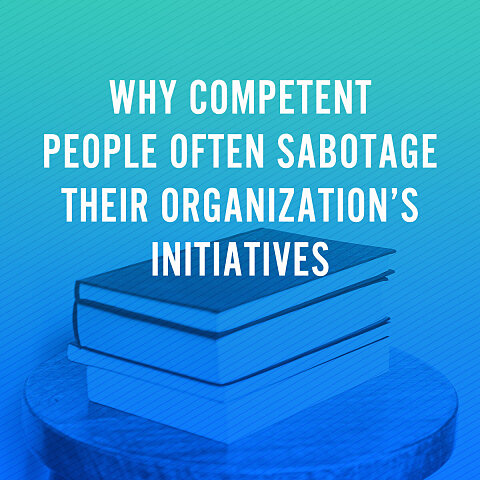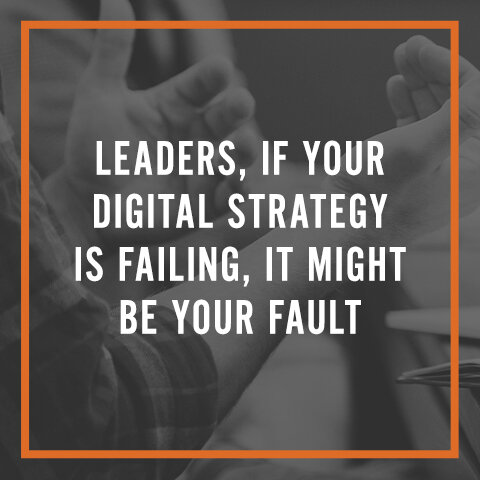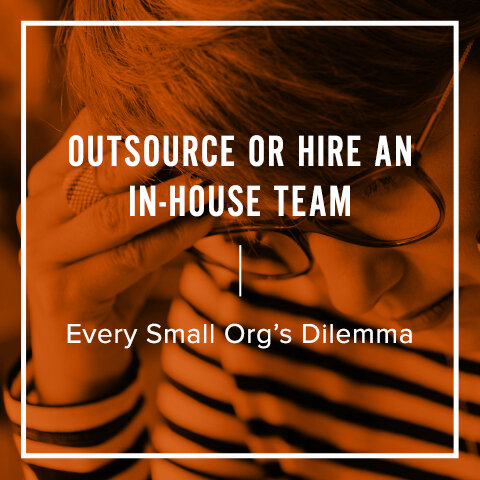Confessions of an Entrepreneur: 8 Mistakes That Shaped My Journey
By Maurilio Amorim
When I was 12 years old, and my sister was 11, we packed the four oil paintings we had done over a few days on an early Sunday morning and headed to the downtown park to sell them. It was an all-day affair. We had enough money for bus fare and figured out we would eat and get back home with our sale proceeds.
By 2 pm, we were starving, and with no sales, we had to walk back home. And I forgot a significant detail. We failed to tell our parents about our plans.
Sadly, my first attempt at entrepreneurship didn't go as planned. I didn't make any money, and I got a spanking.
But that setback didn't stop me. Over the years, I've started six businesses in three industries and two churches that have grown significantly. Each venture has brought unique challenges and rewards, but more importantly, they have all offered valuable lessons.
When reflecting on these experiences, eight notable mistakes consistently stand out. Here's how you can learn from them:
1. I loved to start, but I hated to maintain: Starting a new venture can be exhilarating. The idea, the energy, and the drive to bring something to life can be intoxicating. However, maintaining what you've built often lacks that initial thrill, making it less appealing.
It's crucial to realize that long-term success is about consistently and diligently maintaining your venture. So, find passion in the day-to-day tasks that keep your business growing steadily.
2. I trusted people blindly: Trust is vital in any relationship, business or otherwise. But blind trust can lead to difficult circumstances. It's necessary to balance trust with due diligence, ensuring the people you rely on have the capability and the intention to fulfill their roles effectively. Trust but put guardrails in place to ensure you don't get taken advantage of or, worse, bamboozled out of your business!
3. I didn't have an end in mind: Every venture should start with a clear vision of what you hope to achieve, your end goal. Without a defined objective, you might find yourself wandering and wasting resources. Having a clear destination in mind is essential, so all efforts are directed towards that goal. Before starting a new venture, ask yourself, "Why am I doing this? What's my exit strategy?"
4. I made fear-based decisions: Fear is a natural part of entrepreneurship, but letting it dictate your choices can lead to regret. Courage isn't the absence of fear but the determination to press on despite it. Learn to acknowledge your fear and make decisions based on wisdom and informed risks. My mostly costly mistakes can be traced to fear-based decision-making. Don't let fear rob you of your profits, even entire businesses.
5. I valued tactics over strategy: Tactics are essential, but they are the soldiers on the battlefield, while strategy is the general overseeing the war. In the long run, an overarching strategy will guide your business to the right path. Never underestimate the power of a well-crafted strategy. It can lead you through troubled times. Strategy wins the day every time.
6. I didn't spend enough money on growth engines: As an entrepreneur, it's easy to become frugal, often to a fault. While careful spending is essential, underinvesting in growth engines like marketing, research, development, or personnel can hinder your business's potential. Consider each expense as an investment toward growth. Fight the urge to take money from your business to finance your ever-expensive lifestyle.
7. I avoided difficult decisions because of personal relationships: Forming emotional connections in your business is natural. However, when personal relationships cloud your judgment, it can have adverse consequences. Business decisions must be made in the company's best interest, even if they're difficult. If it's not best for the organization, it's terrible for everyone. And that includes you and the person you are protecting.
8. I was too quick to hire and too slow to fire: This is a common pitfall for many entrepreneurs. You have a position that needs to be filled ASAP, so you hire quickly. It's vital to take time when hiring, ensuring that the candidate aligns well with your company's needs and culture. On the other hand, when an employee is not a good fit, it's better to part ways sooner rather than later. It minimizes losses and maintains the team's morale and productivity.
Learning from these mistakes has shaped my journey as an entrepreneur. While you might encounter unique challenges, being aware of these common missteps can help steer you away from potential hurdles, paving a smoother path to success. Remember, every mistake is an opportunity to learn and grow.
Maurilio
P.S. I pick someone to get a free 30-minute coaching session with me every month. click HERE to sign up.














